Plastic Awareness Week Program at Riverside Retreat
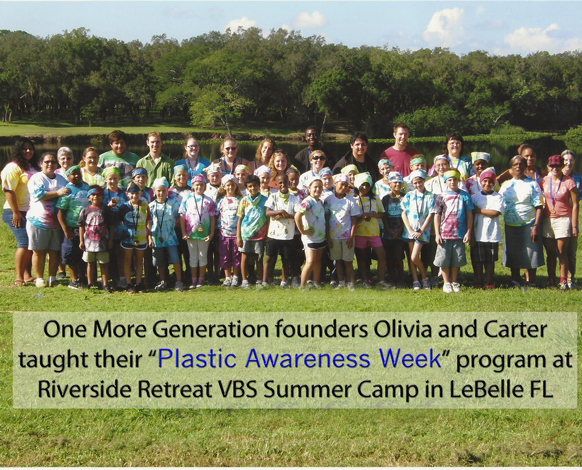
The “Plastic Awareness Week” program consists of a week long defined set of curriculum which focuses on educating the students about plastic pollution, recycling, and finding alternatives that every family can adopt to make an immediate impact on our dependency to plastic.
Is ocean garbage killing whales?
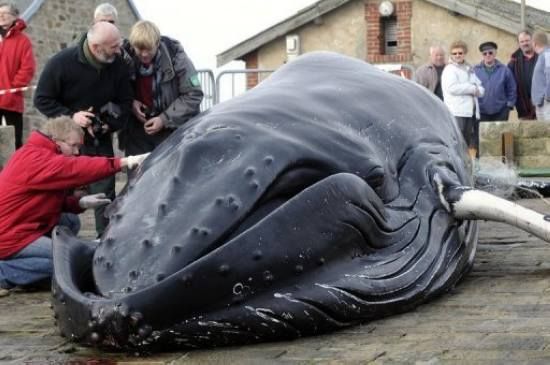
Body of a dead humpback whale is seen in Omonville-la-Rogue, north-west France, a rare species to the Channel. A French fishermen brought the whale back in his nets, saying that it was already dead from ingesting plastic debris when it was caught in the nets. (AFP Photo)
What To Do When Your Dog Just Has To Go?
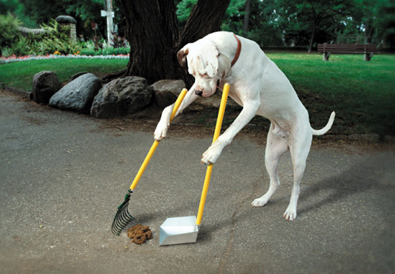
Oxo Biodegradable (OXO) plastic is polyolefin plastic to which has been added amounts of metal salts. These catalyze the natural degradation process to speed it up so that the OXO plastic will degrade resulting in micro-fragments of plastic and metals which will remain in the environment but will not be seen as a visual contaminant. The degradation process is shortened from hundreds of years to years and/or months for degradation and thereafter biodegradation depends on the micro-organisms in the environment.
“Marine Life Facing Mass Extinction, report says” (IPSO) Report
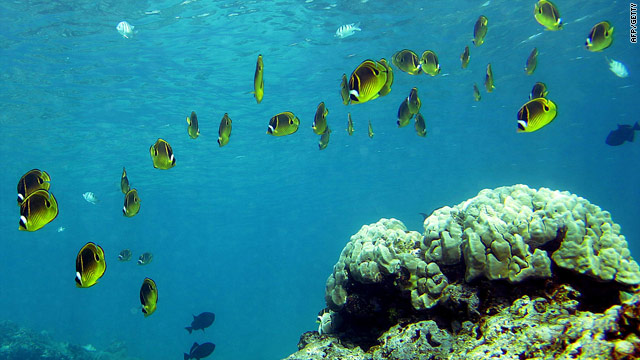
Marine life is under severe threat from global warming, pollution and habitat loss, with a high risk of “major extinctions” according to a panel of experts.
2012 London Olympic and Paralympic Games

Greener upon Thames is a London, UK based non profit organization campaigning for a ban on plastic bags at the 2012 London Olympic and Paralympic Games at the Olympic Park and all Olympic venues. In the UK over 13 billion plastic bags are used each year, worldwide, that figure is closer to 500 billion and with evidence that plastic is now appearing in our food chain it’s a serious issue. Not to mention hundreds of thousands of animal deaths a year through plastic waste and the littering of our countries.
Surfing For Change: Where is Away, Solving Plastic Pollution in 4 minutes
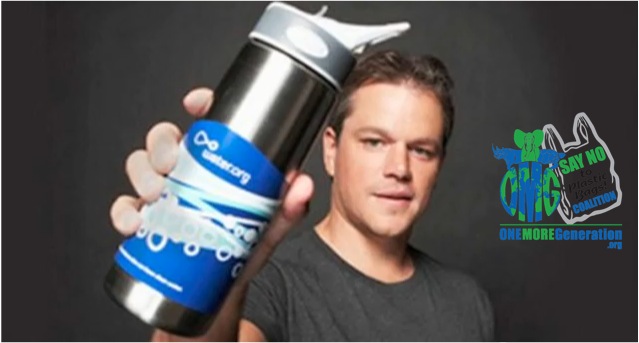
Since starting our “Say No To Plastic Bags” Coalition, we are constantly looking for more ways to help educate communities about the harm of plastic and in particular about America’s addiction to single use plastic bags.
What do those “Recycle” numbers on plastic really mean anyway?

We have all been taught by the plastic industry that the symbol means the plastic can be recycled and that it is safe for use in our households. The reality is unfortunately different. Although arguably, all plastics are “Recyclable” the reality is that unless a recycler can find a buyer of the used plastic, it too will end up in our landfill.
OMG Bag Monster Sightings
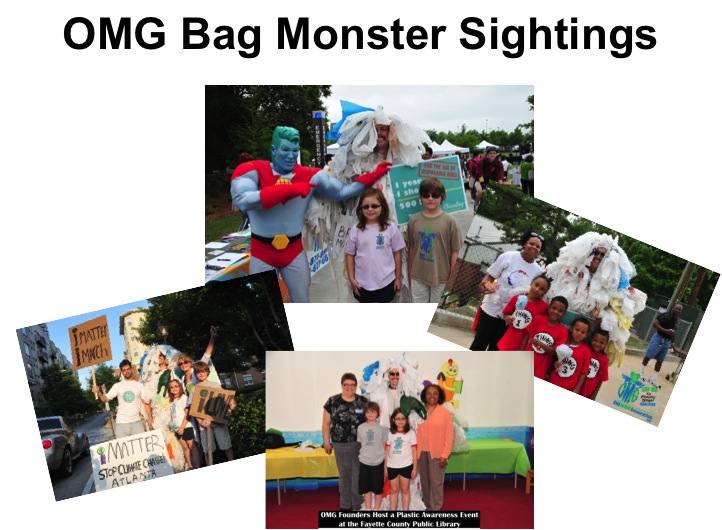
Below are a few links to the various photo albums we have created on our FaceBook page where you can see what the OMG Bag Monster has been up to. We hope you enjoy the pictures as much as we do and if you are interested in having the Bag Monster and our founders attend an event for you, please simply send us a request via email and we will be glad to work with you on the details.
10 THINGS YOU CAN DO TO START A REUSABLE BAG HABIT
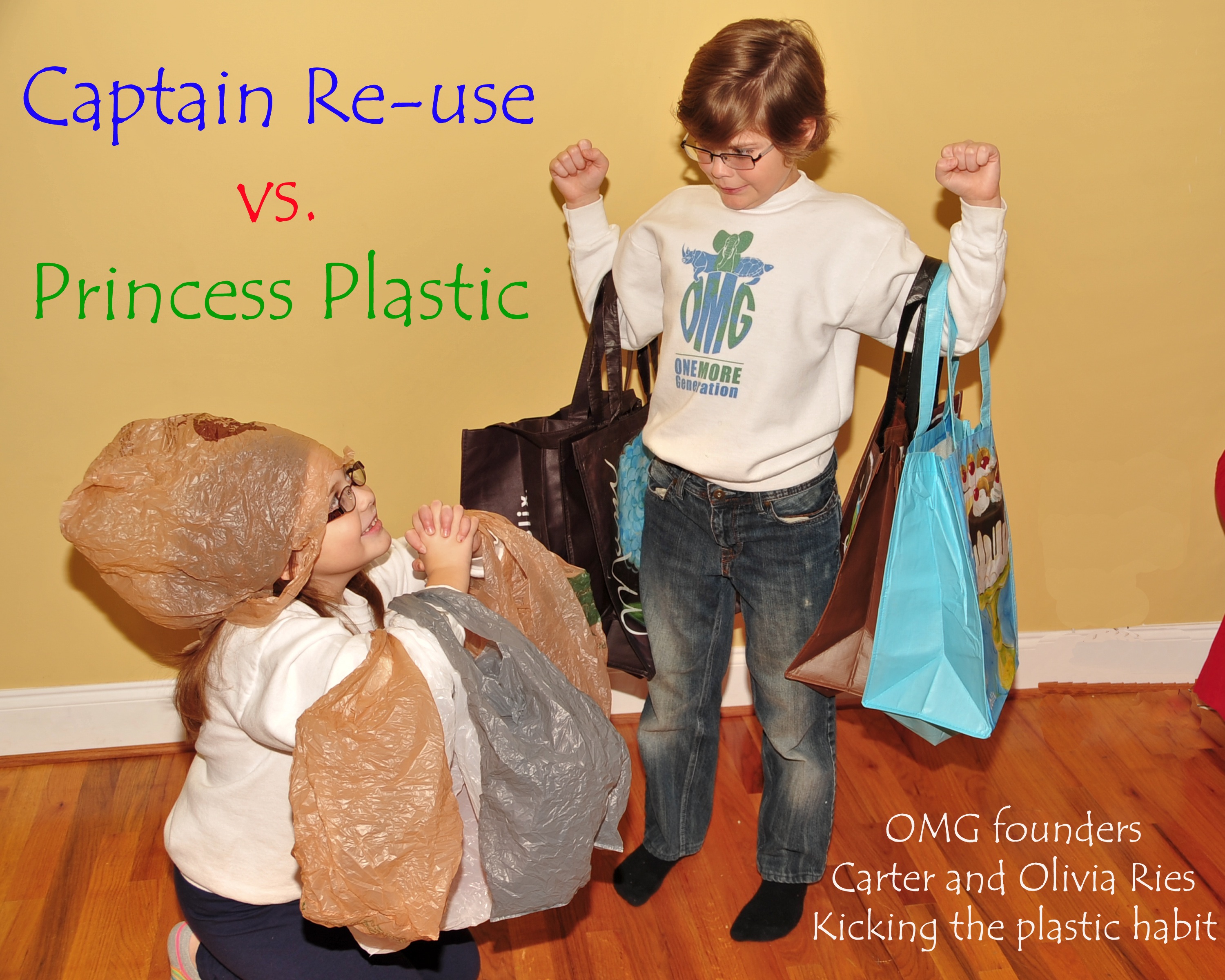
Wage a campaign in your town or city to end the use of single-use bags by encouraging legislators to implement a grocery bag fee. Contact us at info@onemoregeneration.org for more information. If you set up an appointment with your local officials and it is in the state of Georgia, we would be more than happy to come and attend the meeting.
I Support the “Say No To Plastic Bags” Coalition
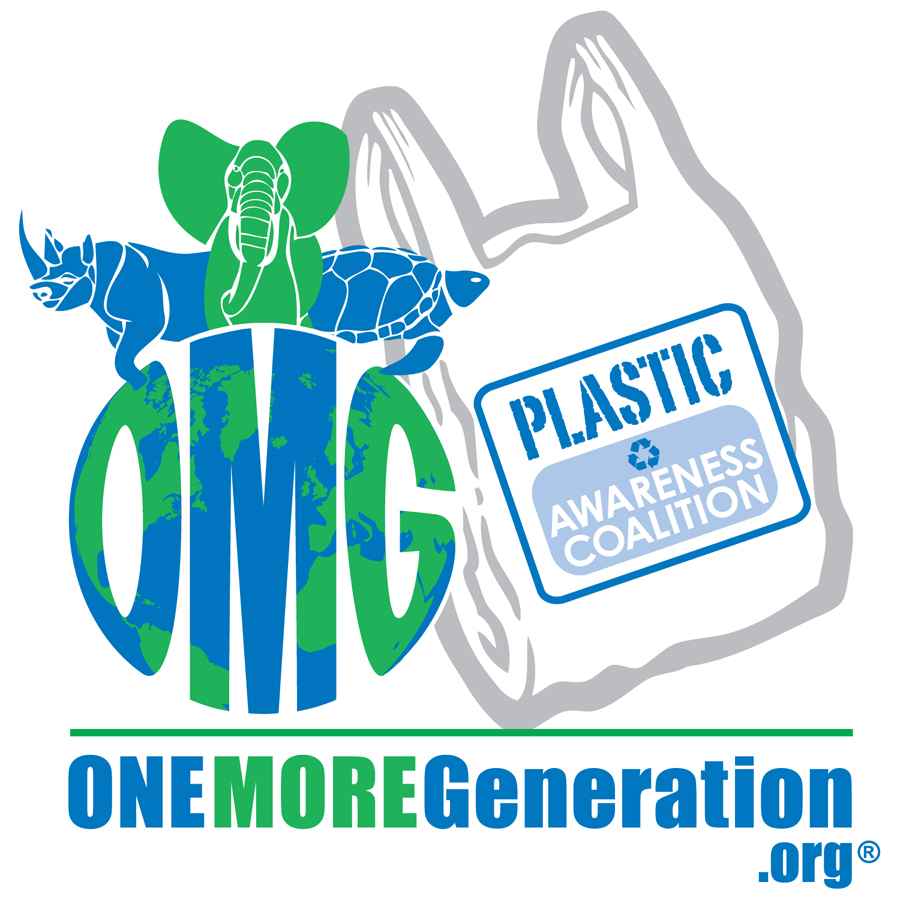
Each year an estimated 1-million sea birds and over 100,000 marine mammals die from ingesting plastic. Single use plastic bags end up in our landfills and take over 500 years to decompose.
“Bag-It” Movie Premiere at GA Tech Institute
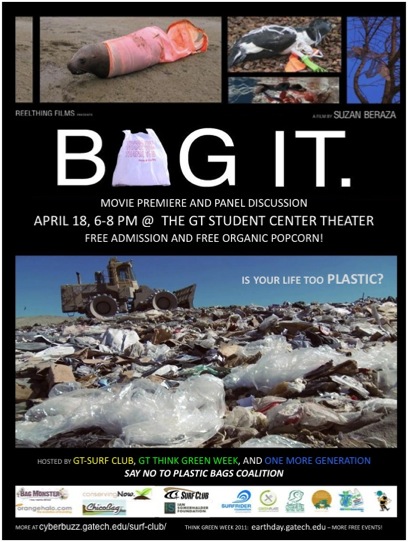
In an effort to raise awareness about the serious issue of Plastic Pollution (and in particular Single-Use Plastic Bags), we have partnered with GA Tech’s Think Green Team and the folks from the GA Tech Surf Club to bring you this award winning documentary which explores how much each of us currently depend on plastic.
Do You Really Need That Bottled Water… Seriously?
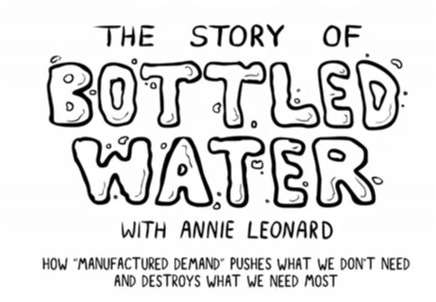
The Story of Bottled Water, released on March 22, 2010 (World Water Day) employs the Story of Stuff style to tell the story of manufactured demand—how you get Americans to buy more than half a billion bottles of water every week when it already flows from the tap.
Day 5 – Final day of our Plastic Awareness Week
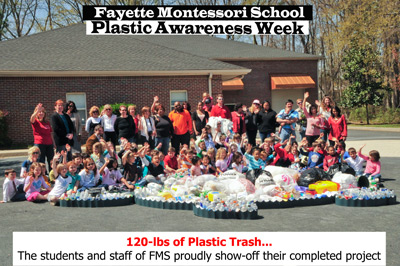
Our goal was to foster a higher sense of awareness among the children and their families about the amount of plastic trash we generate. Our hopes are that children will learn early on about how harmful plastic is and they will grow up supporting change. And hopefully, they might even help their families do the same.
Day 4 of our Plastic Awareness Week
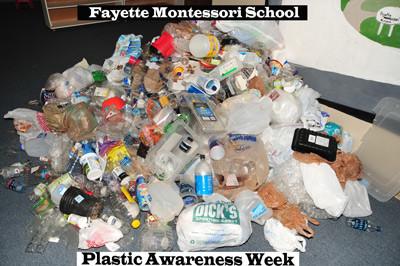
As expected, the number one item amongst all the trash was Single-Use Plastic Bags. The entire wheelbarrow was filled to capacity. The second largest group of trash is water/beverage bottles followed by food packaging i.e. fresh-fruit containers, pre-made salads and lunch trays etc. Lastly, were all the detergent bottles and yogurt cups etc.
Day 3 of Our Plastic Awareness Week
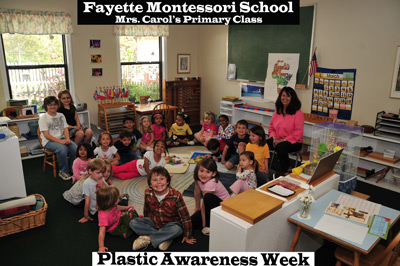
Today was Carter and Olivia’s turn to meet with the two large Primary Student classrooms and they did this all on their own. Mrs. Margaret (Director of our school) picked them both up from their classrooms and escorted them over to speak with all the waiting students.

